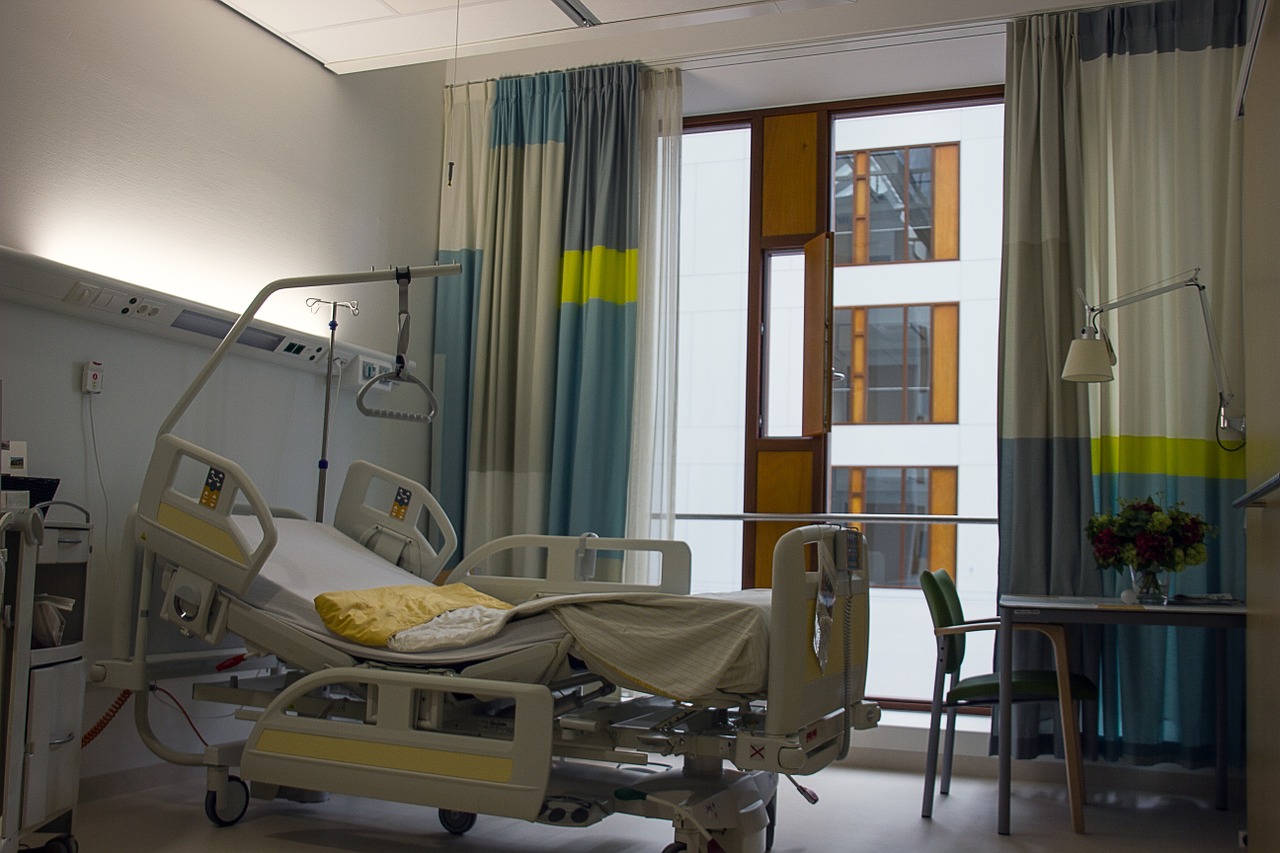
Pallative care doctors are calling for people to start conversations about what they want if they became too sick with coronavirus or die.
Pallative care doctors are highlighting the importance of conversations about possible scenarios when people or their loved ones became too sick with coronavirus or die of the disease.
Dr. Iain Lawrie, president of the Association for Palliative Medicine of Great Britain and Ireland, said that palliative care teams around the country are working together to produce new guidelines for palliative care for Covid-19 patients.
Dr. Lawrie pointed out that the effect of the coronavirus would likely influence how palliative care would be delivered in the future. While most people with Covid-19 will get mild or moderate symptoms, other patients could have their lives threatened by the disease.
Dr. Rachel Clarke, author and palliative care specialist, said: "The great temptation when you are scared, and of course, we are all scared, is to try to close your mind to your worst fears."
"Why would anyone want to contemplate their own mortality right now when everyone could be threatened? But it is precisely that uncertainty that makes this the most important time for advanced care planning," Dr. Clarke explained.
She added that "really advanced care planning amounts to nothing more complicated than having a think - with your nearest and dearest - about what would matter to you if you became so sick that you may die."
"Are you the kind of person who would want to go to hospital, to intensive care or would you want to stay at home? If you don't have these conversations and the worst does happen, it would be terrible, if your loved one suddenly became sick and couldn't speak for themselves, and you realized you didn't know what Mum would have wanted - you would have to say, 'I don't know'," Dr. Clarke argued.
Adrienne Betteley from Macmillan Cancer Support said: "It is never too early to have conversations about advance care plans. We need to encourage people to start talking about their wishes as soon as possible."






